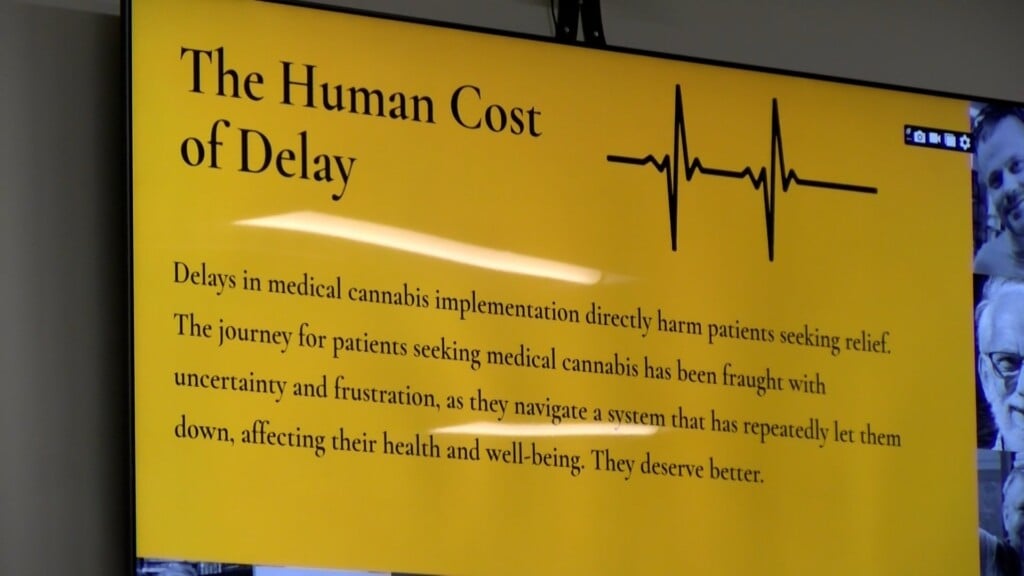A doctor gives tips to help seasonal allergies as warm weather arrives
Going through tissue boxes and hearing a sneeze or two is common with plants starting to bloom. But what's causing these reactions for Nebraskans?

LINCOLN Neb. (KLKN) — The first day of spring is this Saturday and with that can come sneezing and itchy and watery eyes for some people.
Allergies are pretty common as the season is changing. We have some tips to help you enjoy the warmer weather we have coming.
Going through tissue boxes and hearing a sneeze or two is common with plants starting to bloom. But what’s causing these reactions for Nebraskans?
“Another thing that’s been happening we have all that wind,” said Dr. Robinson. “So, that was stirring up all the dust and there’s a lot of mold and fungus that’s in the dirt, especially the dirt that’s been sitting dormant and so that’s in the air just kind of floating around.”
Dr. Aaron Robinson with CHI Heath says the pollen and debris cause seasonal allergies for some and year-round for others.
You may even be new to allergies as they can come at any age.
Robinson is an Ear, Nose, and Throat doctor and says most people don’t know that ear pain and allergies can be linked, so be aware of your symptoms.
So, how can we tell the difference between allergies and COVID–19?
“If you have allergies, you’re not going to have a fever,” said Robinson. “You’re not going to have like body aches or chills or you’re not going to really feel rundown, maybe a little bit but not like you would if you were actually sick with the virus. You’re not going to necessarily lose your sense of smell or taste allergy symptoms are pretty straightforward, nasal congestion, runny nose, itchy stuff, eyes, ears, mouth, throat.”
Robinson says a big sign of COVID that we have learned from the beginning, losing your taste and smell.
He says with COVID and allergies, symptoms can overlap, but it’s important to pay attention to your symptoms and the people you come into contact with.
Robinson adds to get ahead of the season by taking your allergy meds before symptoms start.
“Start taking your nasal spray or your pills,” said Robinson. “Now, because it’s just going to get worse if you’re a person who’s had allergies in the past. It’s better not to wait until you’re having the symptoms but to kind of get your body ready for that.”
If you use a neti pot, it’s best to use distilled water for a nasal rinse.
He says over-the-counter decongestant nasal sprays should be used more sporadically so you don’t become dependent on the spray.
“People like that spray because it makes them feel good because it opens the nose quickly,” said Robinson. “But as you use it more than three days then your body gets accustomed to it, and then you have to use it to be able to breathe. If you don’t use it, then your nose is more congested. So and then you can you know you can wean yourself off of it but it’s uncomfortable because then you’re really, really congested.”



